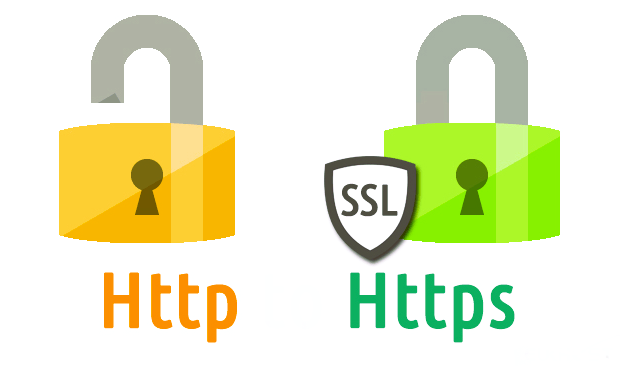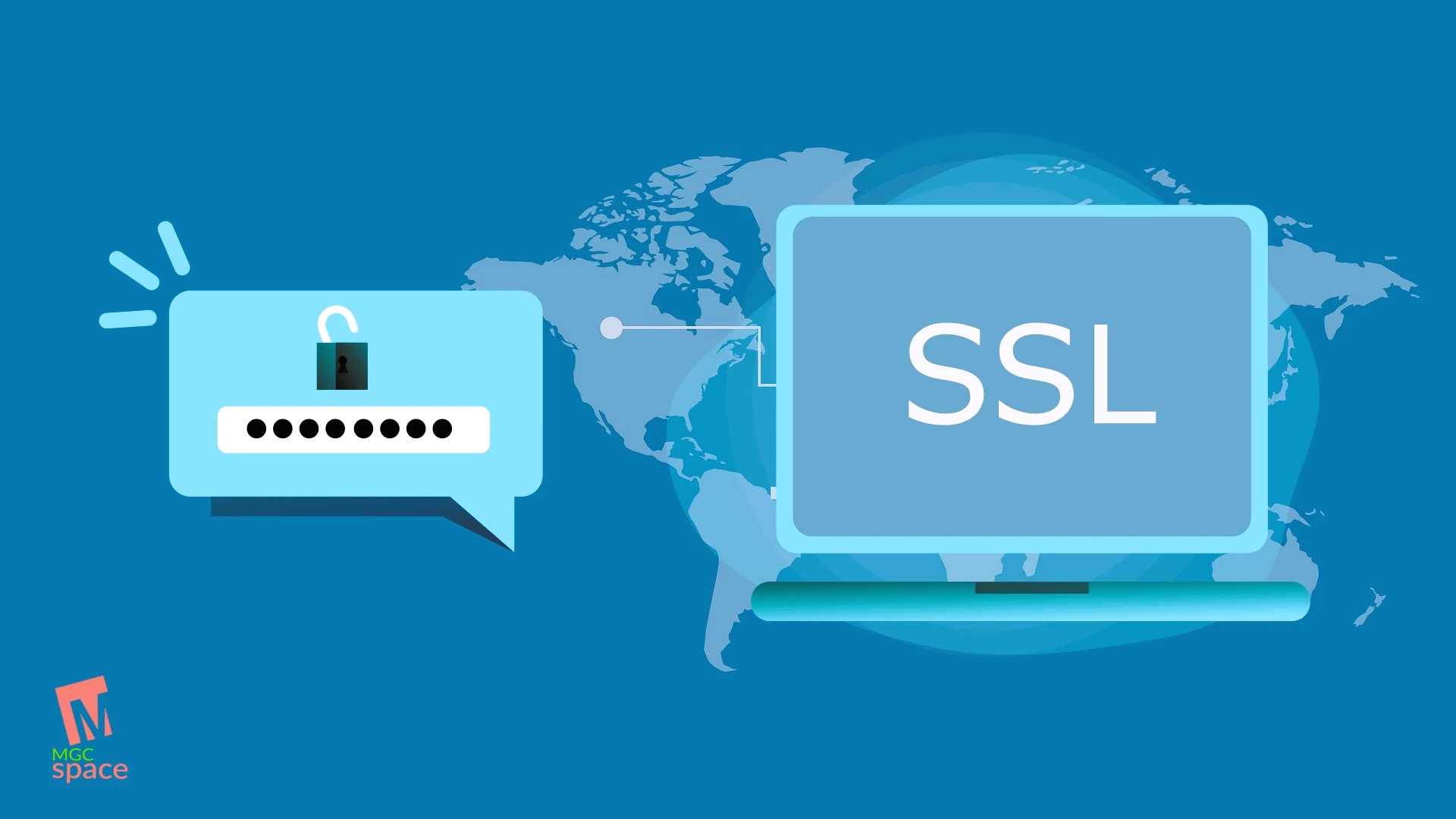The Importance of SSL Certificates for Website Security
In today’s digital age, ensuring the security of your website is more critical than ever. With cyber threats on the rise and increasing concerns about data privacy, implementing robust security measures is essential to protect your website and your visitors’ sensitive information. One such security measure that plays a crucial role in safeguarding websites is the SSL certificate. In this article, we’ll explore the importance of SSL certificates for website security and why every website owner should prioritize implementing SSL.
What is an SSL Certificate?
SSL (Secure Sockets Layer) is a protocol used to establish a secure and encrypted connection between a web server and a web browser. An SSL certificate is a digital certificate that verifies the identity of a website and encrypts data transmitted between the web server and the browser, preventing unauthorized access and interception of sensitive information.
Importance of SSL Certificates for Website Security

- Data Encryption: One of the primary functions of an SSL certificate is to encrypt data transmitted between the web server and the browser. This encryption ensures that sensitive information such as login credentials, payment details, and personal information is protected from interception by hackers or malicious third parties.
- Authentication: SSL certificates also provide authentication, verifying the identity of the website to ensure that visitors are connecting to the intended destination. This helps prevent phishing attacks and ensures that visitors can trust the legitimacy of the website they are interacting with.
- Trust and Credibility: Websites that use SSL certificates display a padlock icon in the browser’s address bar and use HTTPS (Hypertext Transfer Protocol Secure) instead of HTTP in the URL. These visual indicators signal to visitors that the website is secure and that their data is protected, enhancing trust and credibility.
- Compliance Requirements: Many regulatory frameworks and industry standards, such as the General Data Protection Regulation (GDPR) and the Payment Card Industry Data Security Standard (PCI DSS), require websites that handle sensitive information to implement SSL encryption. Failure to comply with these requirements can result in legal penalties and reputational damage.
- Improved Search Engine Ranking: In addition to enhancing security and trust, SSL certificates can also have a positive impact on search engine optimization (SEO). Search engines like Google prioritize secure websites in their search results, so websites with SSL certificates may receive a ranking boost compared to non-secure sites.
How to Obtain an SSL Certificate

Obtaining an SSL certificate for your website is a straightforward process. You can purchase an SSL certificate from a trusted Certificate Authority (CA) or obtain a free SSL certificate from providers like Let’s Encrypt. Once you have obtained the SSL certificate, you can install it on your web server and configure your website to use HTTPS. Understanding the different types of web hosting, read more in the article about shared, VPS and dedicated.
Conclusion
In conclusion, SSL certificates play a critical role in ensuring the security, integrity, and trustworthiness of websites. By encrypting data, providing authentication, and enhancing trust and credibility, SSL certificates help protect sensitive information and prevent unauthorized access. Every website owner should prioritize implementing SSL to safeguard their website and build trust with their visitors.
For more information on SSL certificates and website security standards, you can visit reputable sites such as:
These resources offer valuable insights and information to help you understand the importance of SSL certificates and implement best practices for website security.
